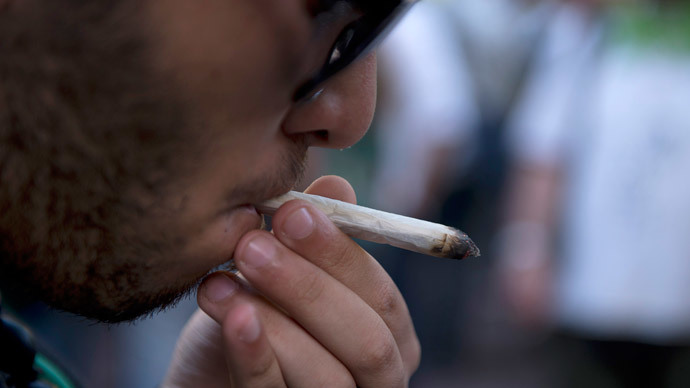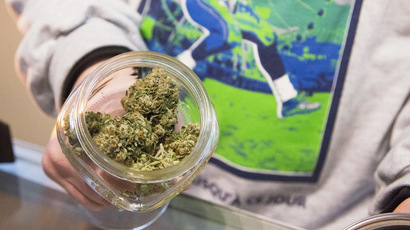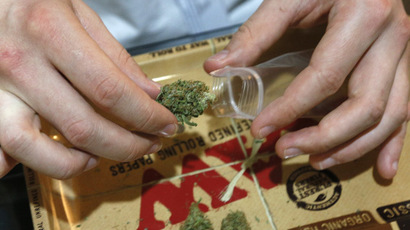Puerto Rico debates legalization of medical marihuana

The Puerto Rican Senate is currently discussing the legalization of marihuana for medical use and its cultivation. Advocates of the move argue legalization will dramatically cut crime and legal costs on the Caribbean Island.
The Senate has started to debate legislation that would decriminalize the consumption of small amounts of the drug for medical purposes and allow people to cultivate the drug in their homes. At present the possession of any amount of cannabis in Puerto Rico is punishable with up to five years in prison and a fine of $5,000.
Advocates of the reform argue that the current policy has proved ineffective in the fight against the illegal drug trade on the island. Last year, Representative Carlos Vargas, fronted the bill to legalize and regulate the sale, possession and consumption of marihuana and was met with a mixed response. But, the bill appears to be steadily gaining momentum, and, if it is approved, it will make Puerto Rico the first US overseas territory to legalize the drug. The bill itself would legalize the possession of up to 14 grams of the drug.
The president of Puerto Rico’s Chamber of Representatives, Jaime Perello, said that he became convinced of the drug’s medicinal use after a number of public hearings and testimonies from patients.
"The work that has been done with the issue in public hearings has convinced me that this is the right treatment for some medical conditions and the controlled use of medical marihuana can improve quality of life,” Perello told the Puerto Rican publication, elnuevodia.com.
In spite of enthusiasm for the bill, the Puerto Rican Department of Finance has asked for more time to assess the legislation and carry out an investigation into the possible impacts on the economy. In addition, the president of Puerto Rico’s Health Commission, Lydia Mendez, proposed a number of changes to the legislation.
She asked for a clause to be included in the bill that would prohibit the cultivation of marihuana within a certain distance of clinics.
“Both the Department of Health and the Department of Agriculture have said that there have to be specific regulations in place that govern how the drug is prescribed and to whom,” said Mendez.
Earlier this year, Colorado became the first US state to begin selling marihuana for recreational use. Washington has also legalized pot, but it will not begin the sale of the drug until later this year.
In December of last year, Uruguay became the first country in history to legalize the consumption, sale and cultivation of cannabis. The controversial move drew criticism from the UN which condemned the policy as “dangerous” and in violation of the 1961 international narcotics convention.
“Drug-traffickers will choose the path of least resistance, so it is essential that global efforts to tackle the drug problem are unified. When governments consider their future policies on this, the primary consideration should be the long-term health and welfare of the population,” said Raymond Yans, the INCB (International Narcotics Control Board) president in a statement.
President Mujica of Uruguay said his policy was aimed at undercutting the illicit drugs trade by charging less for cannabis than the black market value.














